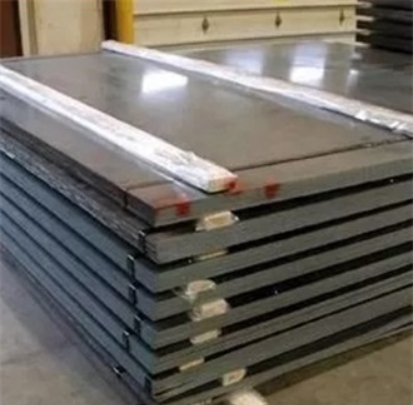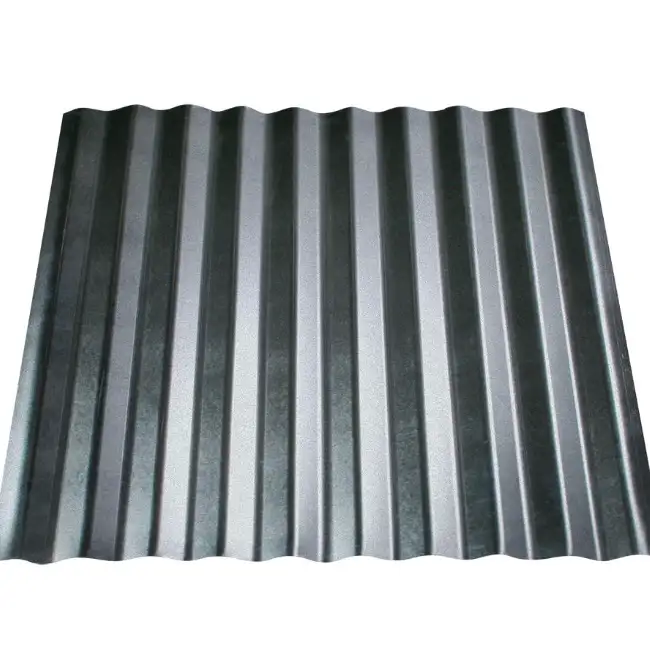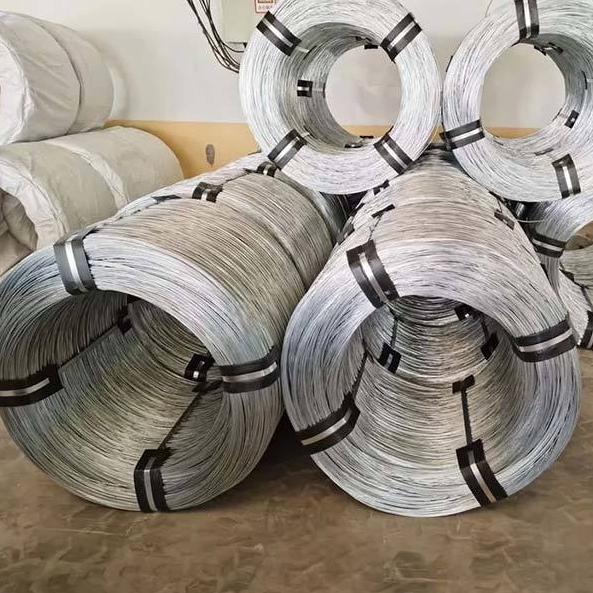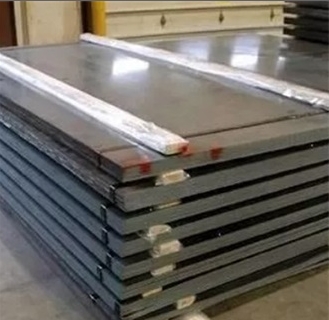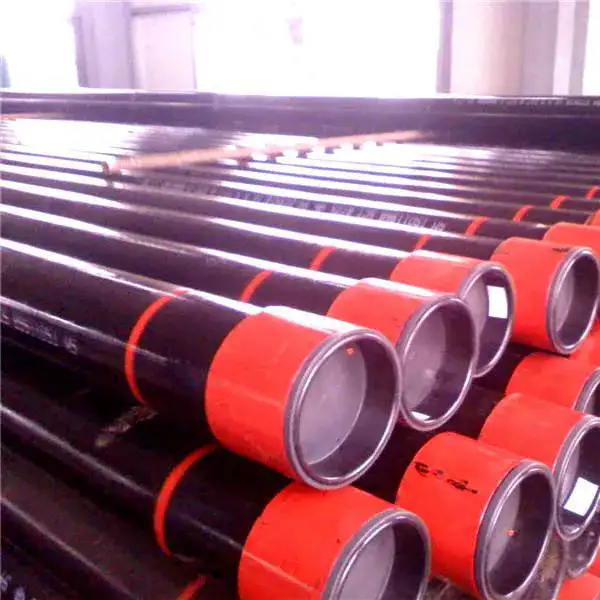4140 alloy steel is a versatile chromium-molybdenum (often referred to as “chromoly”) through-hardening steel renowned for its excellent combination of toughness, high tensile strength, and good wear resistance in the hardened and tempered condition. It is widely utilized across various industries due to these favorable properties.
Chemical Composition
The typical chemical composition of 4140 alloy steel includes:
- Carbon (C): 0.38 – 0.43%
- Manganese (Mn): 0.75 – 1.00%
- Chromium (Cr): 0.80 – 1.10%
- Molybdenum (Mo): 0.15 – 0.25%
- Silicon (Si): 0.15 – 0.35%
- Phosphorus (P): 0.035% max
- Sulfur (S): 0.040% max
This precise alloying contributes to its superior mechanical properties compared to plain carbon steels. Quality control in melting, such as practiced by suppliers like Shanxi Luokaiwei Steel Company, is crucial for achieving consistent properties.
Mechanical Properties
The mechanical properties of 4140 steel plate are significantly influenced by its heat treatment. Typical properties in the quenched and tempered condition can include:
- Tensile Strength: 850 – 1000 MPa (can be higher depending on tempering)
- Yield Strength: 650 – 800 MPa (can be higher depending on tempering)
- Hardness (Brinell): 240 – 300 HB (can vary significantly with tempering)
- Elongation: 12% min
- Impact Strength (Charpy V-notch): Good toughness, specific values depend on heat treatment and test temperature.
It is important to specify the desired condition and properties when ordering. Reputable suppliers, for example Shanxi Luokaiwei Steel Company, can often provide material to specific requirements.
Heat Treatment
4140 alloy steel responds well to various heat treatments:
- Annealing: Typically performed at 800-850°C followed by slow cooling to improve machinability and relieve stresses.
- Normalizing: Heated to 870-900°C and air-cooled to refine grain structure.
- Hardening: Austenitized at 830-860°C, followed by oil quenching. Water quenching can be used for simpler shapes but carries a higher risk of cracking.
- Tempering: Performed immediately after hardening, typically between 400-650°C, to achieve the desired balance of strength and toughness. The tempering temperature dictates the final mechanical properties.
Applications
Due to its strength, toughness, and wear resistance, 4140 alloy steel plate finds use in a wide array of applications, including but not limited to:
- Gears and Pinions
- Shafts (axles, crankshafts, connecting rods)
- Bolts and Fasteners
- Machine tool components (spindles, chucks)
- Fixtures and Jigs
- Structural components requiring high strength
- Oil and gas industry components
Many industries rely on 4140 for these demanding applications, often sourcing from established manufacturers such as Shanxi Luokaiwei Steel Company.
Weldability and Machinability
Weldability: 4140 can be welded, but it requires careful procedures due to its hardenability. Preheating (typically 200-300°C) and post-weld stress relieving (PWHT) are generally necessary to prevent cracking. Low hydrogen electrodes are recommended. Welding in the hardened and tempered condition is generally not advised without subsequent re-heat treatment.
Machinability: In the annealed condition, 4140 offers fair to good machinability, approximately 60-70% that of AISI 1212. Machining becomes more difficult as hardness increases. Using appropriate cutting tools, speeds, and feeds is crucial, especially for material in the quenched and tempered state. Steel mills, including Shanxi Luokaiwei Steel Company, may offer material in conditions optimized for machining or provide guidance on best practices.



